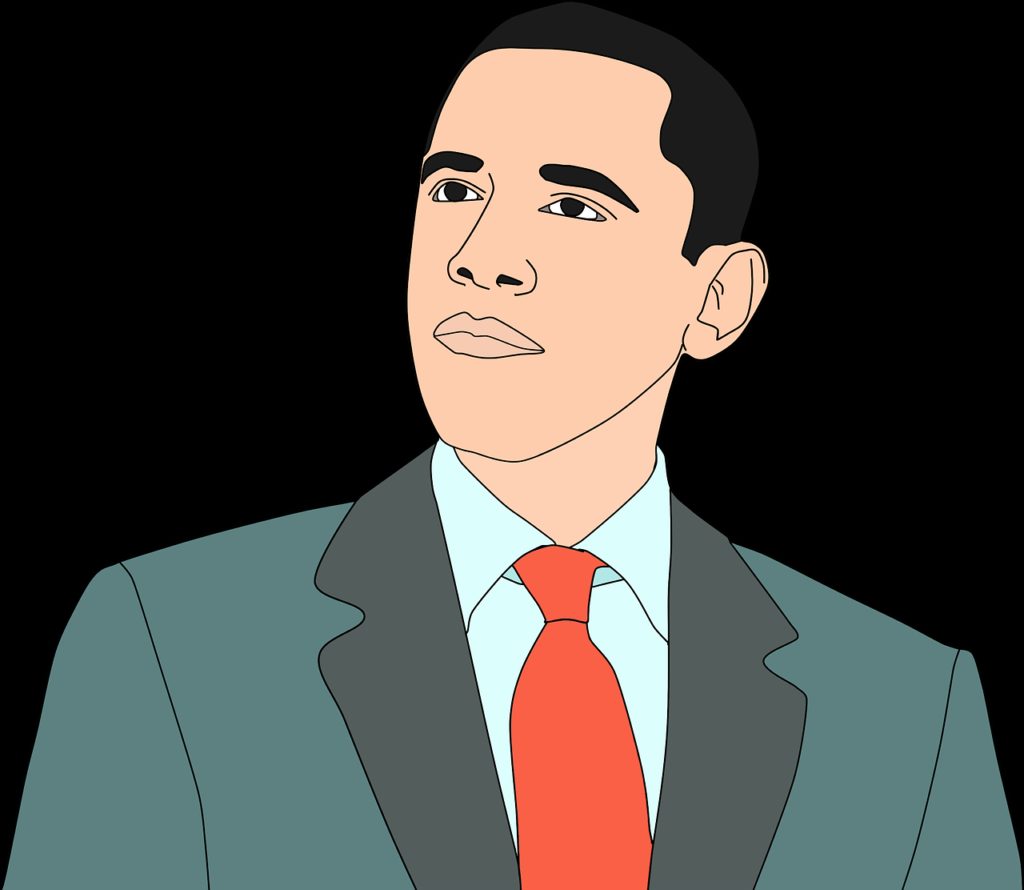|
Getting your Trinity Audio player ready...
|
June 7, 2020
I am neither black nor white. I’m brown. I can choose to stay silent and indifferent, but the human and the American in me urges me to express my feelings and opinion about the current situation in the country resulting from a series of unfortunate events, particularly George Floyd’s blatant murder in broad daylight.
I immigrated to this great country about fifteen years ago. From a distance, I had a very superficial idea of the race issues confronting America, but it was only after living here and witnessing events first-hand that I realized how deep-rooted the racial conflicts are.
When Barack Obama took his first oath as President, it was a proud moment for me as an immigrant father. I still remember telling my then five years old daughter, “you, my child, were born in this country, and you can one day become the President of the United States!” Little did I know that only a few years later, she would come crying to me because someone at school told her that Donald Trump was not letting any Muslims in the country and that she thought that she would have to leave America. You might say that religious discrimination is different than racism, but you get the point. I tried to console her and tell her right from wrong, but I felt helpless because her mind was too immature to understand the depth of arguments.

As a physician, I had the chance to rotate through different clinics catering to different classes of society. These ranged from upscale clinics in the suburbs where the patients were highly privileged, flying in from different states, staying at nearby luxury hotels to obtain second and third opinions. Then there were inner-city clinics providing care to the indigent and uninsured. I was proud to feel that the medical care and recommendations that both the groups received from us were exactly similar, and our decisions and service for them were the same regardless of their ethnicity or socioeconomic status.
But I was still able to notice some areas in medicine where the care was not equal for different ethnic groups. During my stem cell transplant rotation during hematology fellowship, I came to know that it is important for the donor cells to be as close of a match to the recipient not only for a successful transplant but also to prevent graft-versus-host disease. It was also intriguing that the ethnicity mattered since there was more of a chance for a better match if both donor and recipient were of the same race. It was shocking to find out that if you are a white patient, the chances of finding a white donor are 8 out of 10, but if you are a black patient, the chances of finding a black donor are only 2 out of 10!
I felt that I wanted to do something about this statistic. I contacted the National Bone Marrow Donation Registry and obtained information and materials to organize bone marrow donation drives. However, my goal was to target only the minorities, specifically the black community. Through patients and friends, I was able to arrange these drives in black churches and at black community events. I created an easy to understand power-point presentation explaining the complex transplant process. I hoped that if I, as a man of color myself, instead of a white physician, stood in front of them, they would relate and volunteer to become stem cell donors, but I could still see their eyes filled with suspicion. Perhaps they were wondering how the cheek swabs would be exploited by the medical community reminiscent of Henrietta Lacks’ cervical cancer cells or the images of the patients undergoing the Tuskegee atrocity flashed in their minds. Maybe the thoughts of the brutal procedures conducted by James Sims came back to haunt them.
I still feel that we have come a long way to remedy the racial discrimination in medicine, but we still have not been able to win the trust of the black community. Research practices have been significantly improvised and well-monitored to ensure that ethnic injustice is not done, but we would also be very naïve to think that we can erase the memory of those events that easily.
Another disease that brings to light the racial disparity in medicine is the sickle cell disease. This disease is more common in the black population. It is a devastating disease to have, and life can be miserable with repeated episodes of painful crises that are often misunderstood as narcotic drug-seeking behavior. Nowhere else is medicine can you find an example of the treatment of a disease resulting in another more serious condition, in this case, treatment with narcotics leading to iatrogenic opioid addiction. When it comes to medical research, there is a significant lack of medical research for this disease, and for decades, no significant breakthroughs have taken place except for a couple of oral medications (such as hydroxyurea) showing benefit. There is a lack of comprehensive clinics for patients with sickle cell disease. I am a practicing hematologist, and I often find it incredibly difficult to do justice to the care of sickle cell patients due to lack of resources.
No mention of atrocities against black people can be justified without a word of support for the majority of white cops who get a bad name and are placed in harm’s way only because of the discrimination exhibited by a few. 9/11 was perpetrated by a handful of so-called Muslims in the name of Islam, but only the ignorant held billions of Muslims around the world responsible.
How can we, as physicians, gain the trust of our black patients? It will take time. I feel that we are doing a lot of right things by delivering care and compassion without discrimination, but one thing that will have a profound impact is if we have a much higher number of black physicians and medical researchers. It will be much easier for a black patient to trust a black doctor, and this way, trust will build in the profession in general. Black population will be better represented in research studies. Perhaps there should be significant cuts in student fees for medical school for black students, and further incentives and allowances should be made.
We need more black cops. We need more black physicians.
This article was published online at Kevinmd.com on June 7, 2020.

